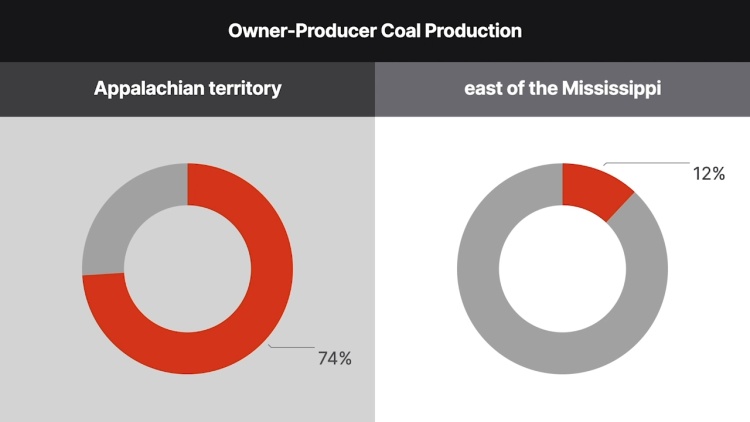Appalachian Coals, Inc. v. United States
United States Supreme Court
288 U.S. 344, 53 S.Ct. 471, 77 L.Ed. 825 (1933)
- Written by Nicholas Decoster, JD
Facts
In the wake of the Great Depression, 137 coal producers reached an agreement to establish Appalachian Coals, Inc. (Appalachian Coals) (defendant) as the exclusive selling agent for their coal. Ownership in Appalachian Coals was to be divided among the coal producers based on the percentage of their production contribution. Appalachian Coals would set the collective sale price for the coal but generally attempt to receive the highest possible price. The coal producers planning ownership in Appalachian Coals represented 74 percent of the relevant coal production in Appalachian territory but only 12 percent of the production east of the Mississippi River. The coal producers of Appalachian Coals reached out to the Department of Justice (DOJ) (plaintiff) for approval of their plan prior to implementation. The DOJ did not approve the plan, however, and instead sought an injunction preventing the coal producers from moving forward with Appalachian Coals as a collective sales agent. The DOJ argued that the plan would effectively establish a cartel and create an anticompetitive restraint on trade in violation of the Sherman Act. The district court granted the injunction, and Appalachian Coals appealed the decision.
Rule of Law
Issue
Holding and Reasoning (Hughes, C.J.)
What to do next…
Here's why 905,000 law students have relied on our case briefs:
- Written by law professors and practitioners, not other law students. 47,100 briefs, keyed to 995 casebooks. Top-notch customer support.
- The right amount of information, includes the facts, issues, rule of law, holding and reasoning, and any concurrences and dissents.
- Access in your classes, works on your mobile and tablet. Massive library of related video lessons and high quality multiple-choice questions.
- Easy to use, uniform format for every case brief. Written in plain English, not in legalese. Our briefs summarize and simplify; they don’t just repeat the court’s language.





